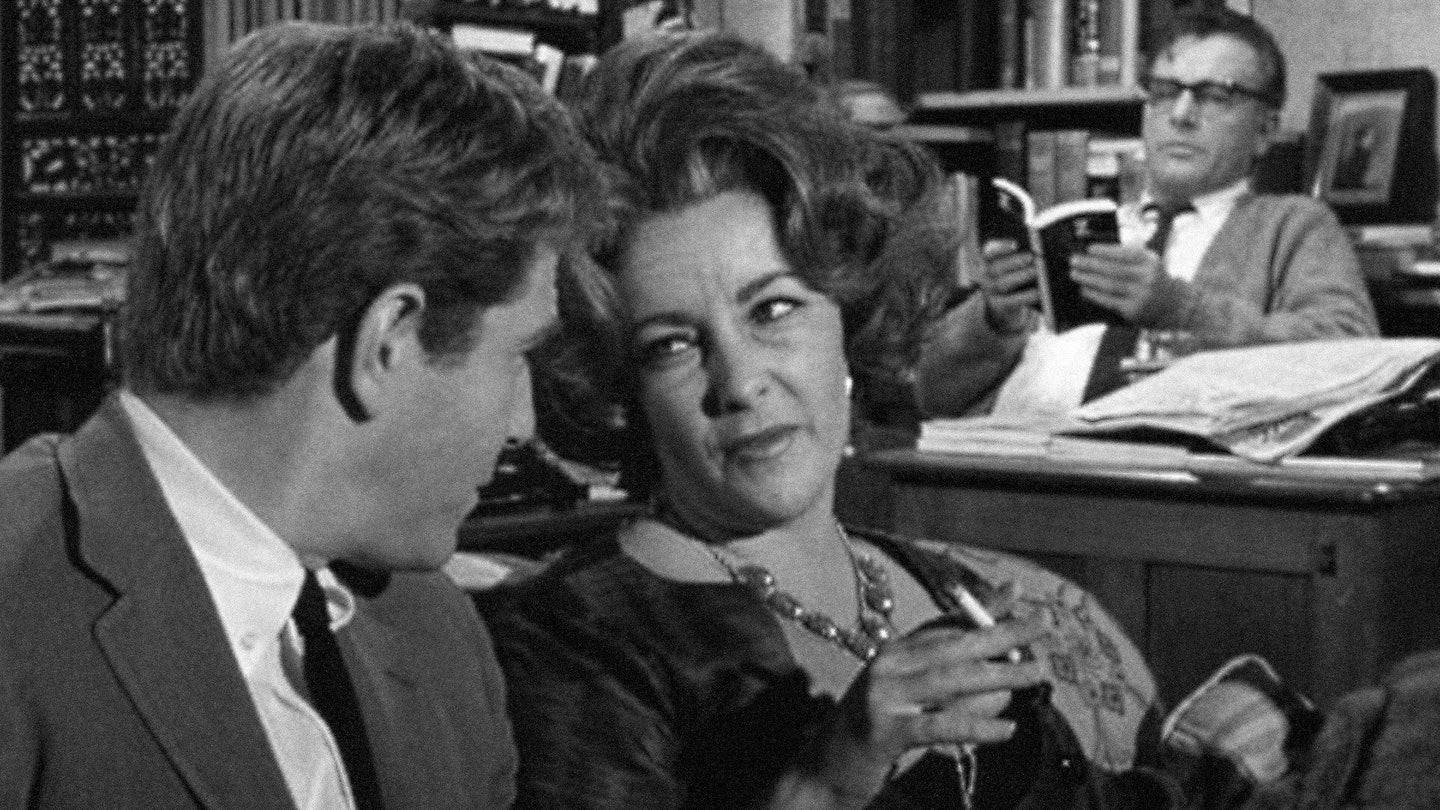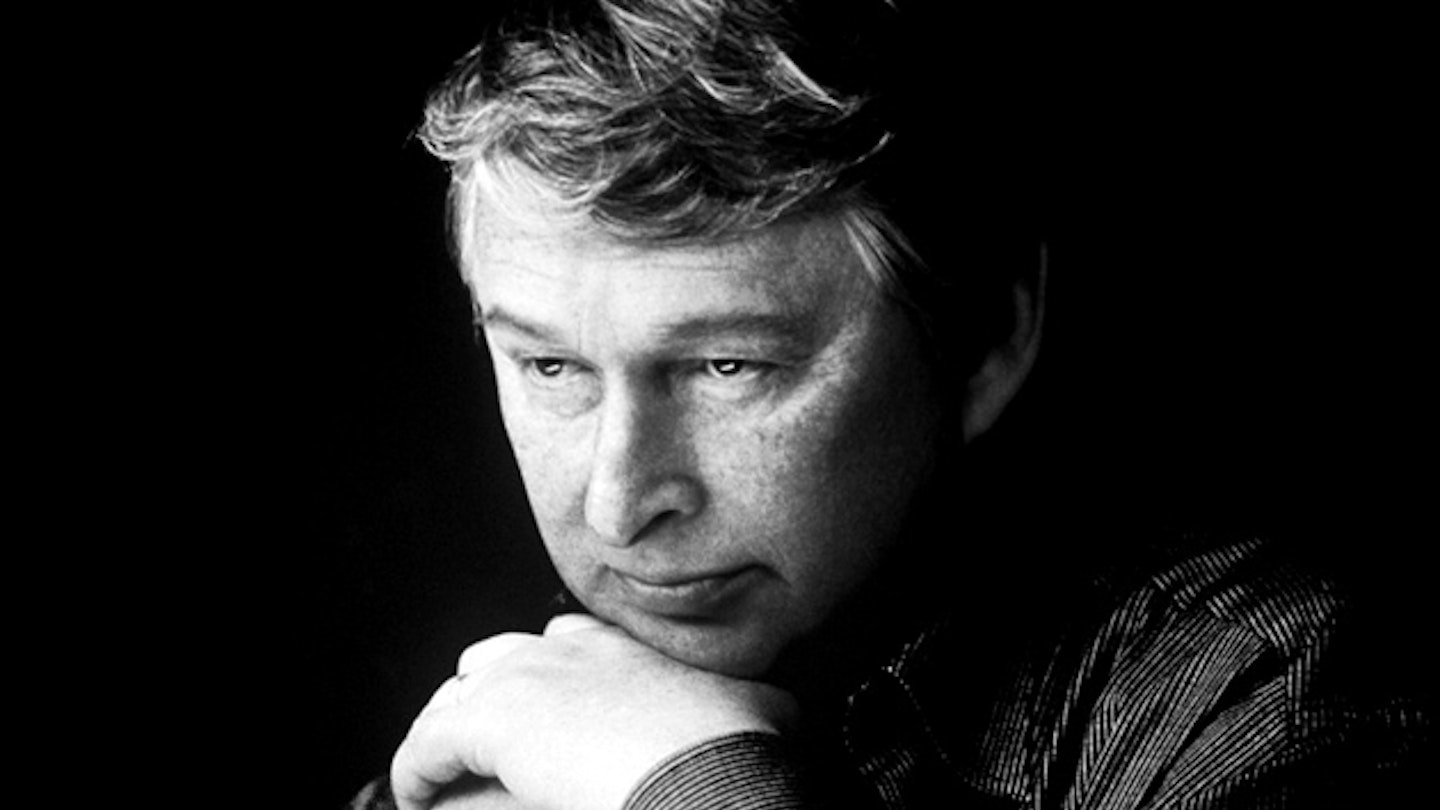Despite having become the toast of New York by scooping three Tony awards in just four years, Mike Nichols was considered a surprising choice for debuting producer Ernest Lehmann's adaptation of Edward Albee's corruscating stage play. Yet, as screenwriter, Lehmann had tailored the action to Nichols's strengths by confining the action (for all but one roadhouse sequence) to George and Martha's home and garden, so that he could concentrate on the intimate intensity of the drama and the power and poignancy of the performances.
Arthur Hill and Uta Hagen had played the quarrelling couple (who were named after the first American president and his wife) when the play opened on Broadway in 1962. Bette Davis had coveted the female lead and Albee wanted James Mason as her co-star. But Jack Lemmon, Robert Redford and Glenn Ford had all been linked with the role of George before Warners decided to cash-in on the notoriety of Elizabeth Taylor and Richard Burton's off-screen image and the stunt casting paid handsome dividends, as the $6 million project raked in around $15 million at the US box office.
The shoot had been far from easy, however, with Taylor (who had piled on the pounds for the part) struggling to cope with Nichols's exacting direction and his intrusive use of close-ups to capture every cruel jibe and wounded riposte as she and Burton cut deeply into each other's private misery. Indeed, some were to claim that the production placed the Burtons under such strain that their marriage never recovered. Sandy Dennis, however, suffered more than most, as she miscarried shortly after the picture wrapped.
Relentlessly filmed and edited by Haskell Wexler and Sam O'Steen, this is an excruciating, if often painfully funny experience. Arguing that it was vital to the picture's artistic integrity, Lehmann secured special permission from the Production Code guardians to retain the play's strong language and this shockingly free sense of expression doubtless contributed to the film's commercial appeal. Yet, ironically, it shared its haul of 5 Academy Awards with Fred Zinnemann's wholesome Thomas More drama, A Man for All Seasons.

